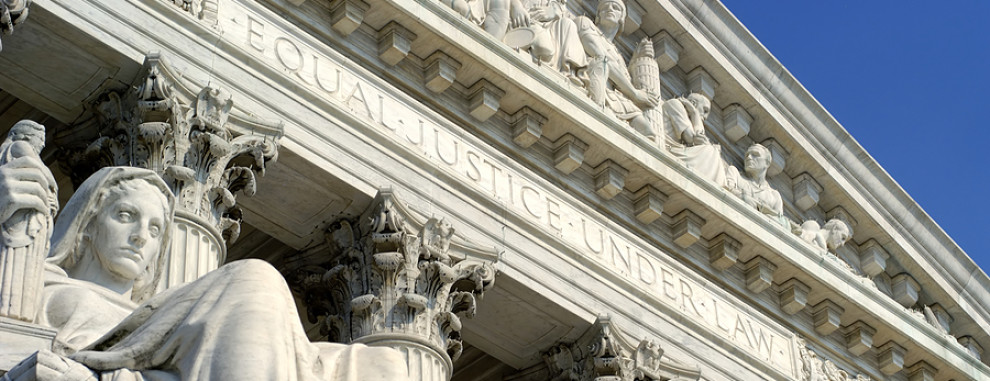What kind of conduct can lead a medical provider to have pleaded guilty to a criminal information admitting false statements to Medicaid?
Consider this one case where a husband and wife, both dentists signed a document that stated they performed services to Medicaid eligible children. Their dentistry practice was targeted to largely disadvantaged children. While Medicaid regulations require the providers to actually be in their office when providing services, the US Attorney’s office proved that the couple were on vacation together on two occasions when they billed for services.
On one occasion they billed for performing an evaluation and management of a new patient on a certain date and they claimed entitlement to payment. On that date, the couple was vacationing in Hawaii, no where near their offices. At the time they made this false representation to Medicaid, the couple knew the statement was false and that neither of them performed that service on or about that date.
Similarly, on another occasion the couple was en route to the U.S. Virgin Islands on the same date they falsely represented to Medicaid that she performed an orthodontic retention on that date claiming entitlement to payment. However, at the time of this false representation to Medicaid, they knew the statement was false and that neither of them performed an orthodontic retention on or about that date.
This couple will likely lose their license to practice dentistry as a result of these false statements and the resulting federal conviction. While they avoided prison, they will be required to pay almost $700,000 in fines and restitution. The case was conducted by the FBI, the Department of Health and Human Services-Office of the Inspector General and the state attorney general.
